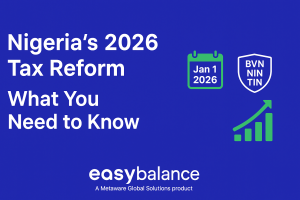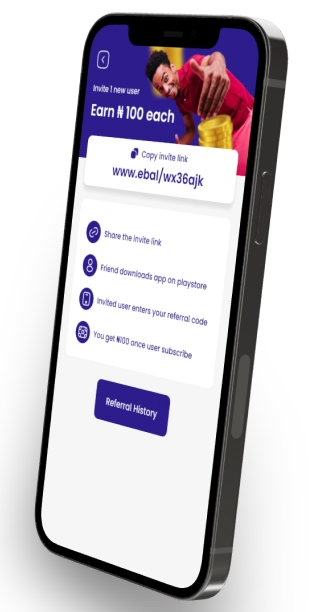Nigeria’s 2026 Tax Reform: What Every Nigerian Should Know
As of January 1, 2026, Nigeria will implement a major tax reform. The law expands this, so many more people — including informal workers and small business owners — are captured. The proposal sets individual tax bands around 15%–25% (average ~20%) and introduces an annual income threshold near ₦800,000 (about ₦67,000/month). The government will use digital IDs and financial data — BVN, NIN, TIN, and bank accounts — to enforce compliance and reduce evasion. Expect wider enforcement, stronger penalties for evasion, and tighter tracking of transactions.
Intro:
Big changes are coming to Nigeria’s tax system. From January 1, 2026, the government will enforce a new framework that broadens who pays and how the authority tracks income. This short guide explains what’s changing, who’s affected, and what to do next.
What’s changing :
-
Implementation date: Jan 1, 2026.
-
Broader tax rates: roughly 15–25%, average ~20% on personal income.
-
New coverage: individuals with an annual income above ₦800,000 (≈ approximately ₦67,000/month) may be eligible.
-
Stronger data linking: tax authorities will use BVN, NIN, TIN, and bank records to identify taxpayers.
Who is affected:
-
Formal employees (clear payroll collection).
-
Informal workers and small business owners (market traders, artisans, gig workers, PoS agents) — many who were previously outside formal tax systems now fall inside the threshold and could be taxed.
Why it matters:
-
More people will start paying income tax — this may reduce take-home pay and raise operational costs for small businesses.
-
The state aims for higher revenue and better tax compliance; enforcement uses digital identity and banking records.
Practical steps for individuals & businesses:
-
Check your income vs the threshold. If your yearly income is near or above ₦800,000, start preparing.
-
Register and update your TIN and NIN (if not already done) and ensure BVN details match your TIN.
-
Keep clean records of sales, receipts, and expenses — digital records make compliance much easier.
-
Talk to your accountant or a tax adviser about allowable deductions and payroll arrangements.
Closing / CTA:
This reform is a significant shift in Nigeria’s fiscal approach. Stay informed and start preparing — better records and formal registration will make the transition smoother.





